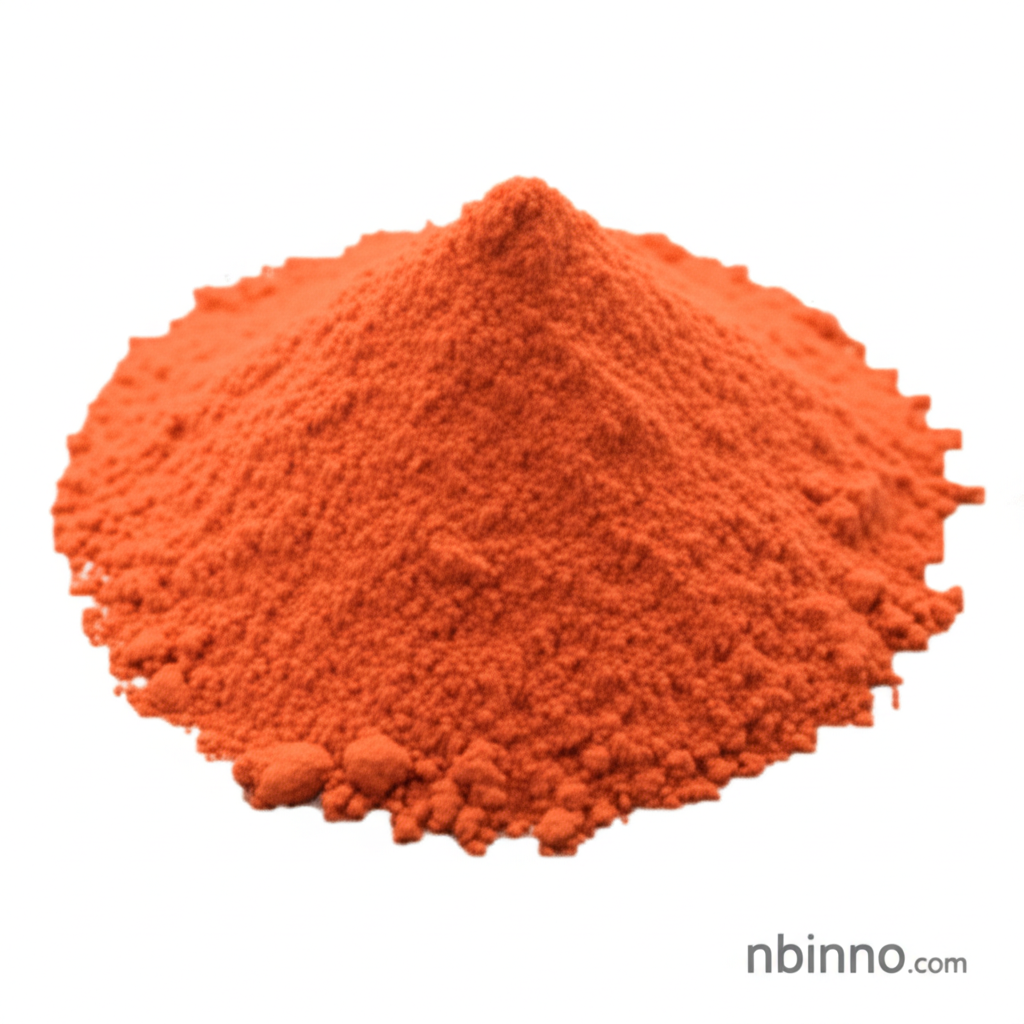Epirubicin Hydrochloride: A Key Player in Breast Cancer Adjuvant Therapy
Exploring the efficacy, administration, and safety of this vital chemotherapeutic agent.
Request a SampleProduct Core Value

Epirubicin Hydrochloride
Epirubicin Hydrochloride is a potent anthracycline topoisomerase II inhibitor, crucial in the adjuvant therapy for breast cancer. Its mechanism involves intercalating into DNA and inhibiting DNA and RNA synthesis, thereby hindering cancer cell proliferation. While highly effective, its use necessitates careful monitoring due to potential cardiac toxicity and myelosuppression.
- Leveraging Epirubicin Hydrochloride Adjuvant Therapy for Breast Cancer: This drug plays a critical role in post-surgical treatment to eliminate micro-metastases and improve survival outcomes for breast cancer patients.
- Understanding Epirubicin Hydrochloride Dosage and Administration: Proper administration, including dose adjustments based on patient response and organ function, is paramount to maximizing efficacy and minimizing risks.
- Managing Epirubicin Hydrochloride Side Effects and Toxicity: Key adverse events such as myelosuppression and cardiotoxicity require vigilant monitoring and management strategies.
- Navigating Epirubicin Hydrochloride Drug Interactions: Awareness of potential interactions with other medications is essential for patient safety during treatment.
Key Advantages and Considerations
Targeted Cancer Therapy
As an anthracycline topoisomerase II inhibitor, Epirubicin Hydrochloride directly targets cancer cell DNA, offering a precise approach to treatment, particularly in adjuvant settings for breast cancer.
Clinical Efficacy in Breast Cancer
Clinical studies demonstrate the effectiveness of Epirubicin Hydrochloride in improving relapse-free and overall survival when used as adjuvant therapy for breast cancer patients.
Safety Profile and Monitoring
While effective, understanding and managing potential side effects like cardiotoxicity and myelosuppression is critical, underscoring the need for regular patient monitoring.
Key Applications
Adjuvant Breast Cancer Therapy
Epirubicin Hydrochloride is primarily utilized as part of adjuvant chemotherapy regimens for breast cancer patients, aiming to eradicate residual cancer cells and prevent recurrence.
Oncology Drug Development
Its established mechanism of action makes Epirubicin Hydrochloride a subject of ongoing research and a benchmark in the development of new cancer treatments.
Pharmaceutical Research
The detailed pharmacological properties and clinical data associated with Epirubicin Hydrochloride make it a valuable compound for scientific study and comparison in oncology.
Treatment of Other Cancers
Beyond breast cancer, Epirubicin Hydrochloride has shown efficacy in treating other neoplastic conditions such as ovarian, gastric, and lung cancers.
